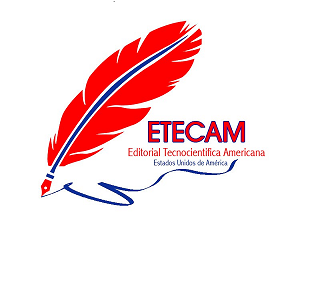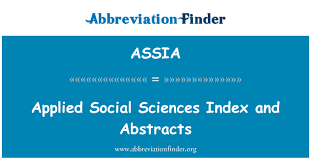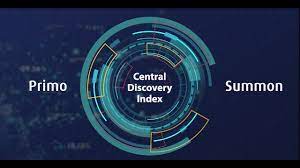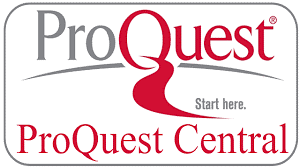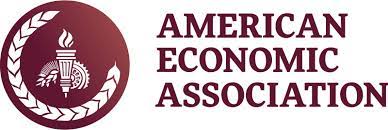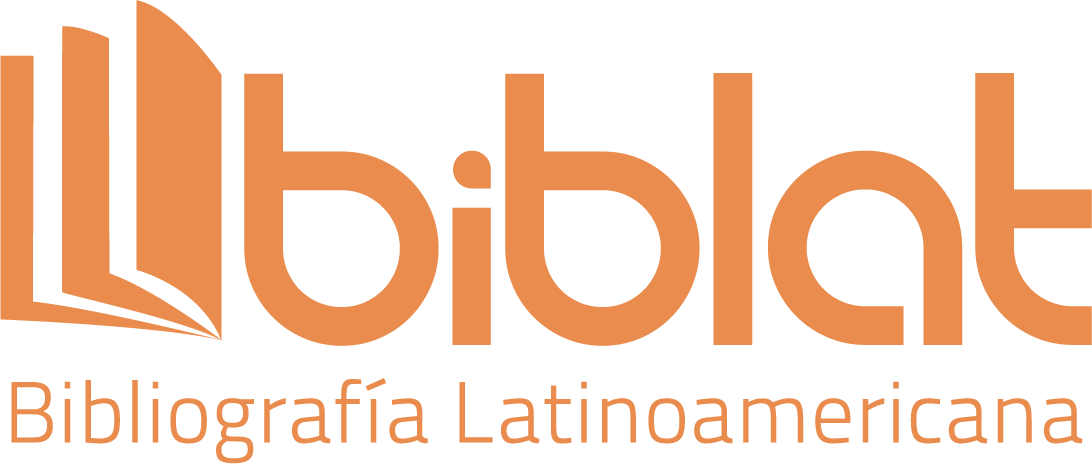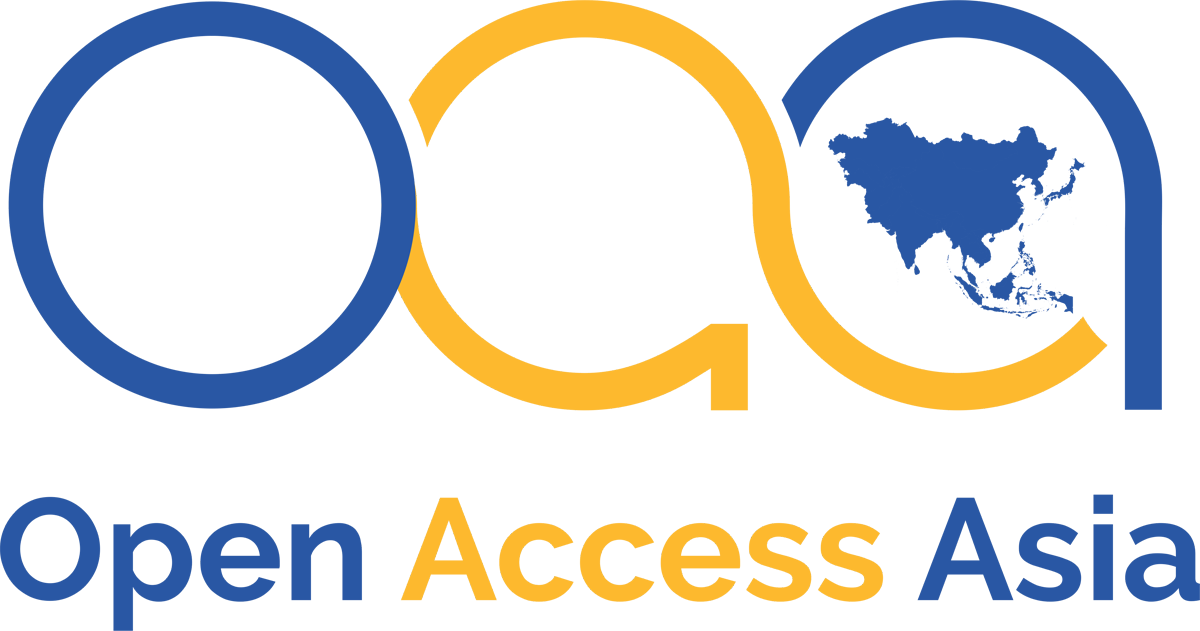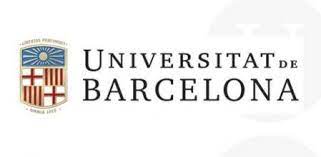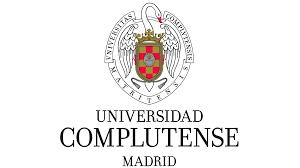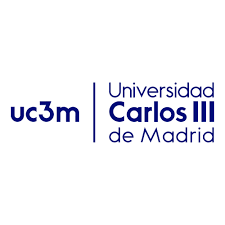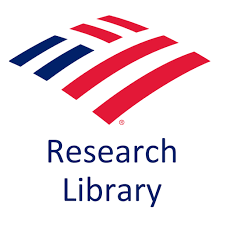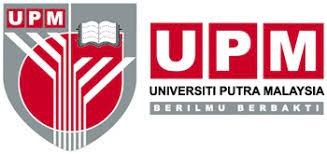System of actions for the development of legal research, in digital contexts
DOI:
https://doi.org/10.51736/sa.v7iEspecial%203.283Keywords:
legal research, digital contexts, mode of action, lawAbstract
Personalized, experiential learning supported by the synergy of interests - institutional and personal needs of the learner, are key to an effective teaching-learning process that manages to meet the expectations of an increasingly changing society. Recent years demonstrate unprecedented growth in the use and development of new technologies. The digital society has a special impact on the workplace, resizing the characteristics and competencies of the professional future and particularly on the jurist. This reality determines a change in teaching-learning paradigms focused on the learner and supported by innovative investigative tools in digital environments. Legal research stands as a process that, focused on meaningful learning and supported by knowledge of legal knowledge, allows future professionals to master the scientific and technological tools necessary to discover appropriate legal solutions to the problems posed by social reality. In this way, the present research is aimed at substantiating, from the contents of the jurist's mode of action, a system of actions for the development of legal research, in digital contexts.
Downloads
References
Álvarez, N. B., Cardozo, J. J., y Mejía, S. M. (2022). Posturas del paradigma socio-crítico como aportes a la educación y gestión educativa en Colombia. Dialogus, 6(10), 119-133. https://doi.org/10.37594/dialogus.v1i10.678
Asamblea General. (2020). A/74/821. Hoja de ruta para la cooperación digital: aplicación de las recomendaciones del Panel de Alto Nivel sobre la Cooperación Digital. Nueva York: Onu.
Baltodano, J. D. (2023). Algunas consideraciones liminares sobre la integración curricular de la investigación jurídica. InterSedes, XXIV(49), 1-36. https://doi.org/10.15517/isucr.v24i49
Barrios, M. (2021). Génesis y desarrollo de los derechos digitales. Revista de las Cortes Generales. Nº 110, Primer semestre , 197-233.
Centro europeo de posgrado. (8 de agosto de 2023). Ceupe. Ceupe Web site: https://www.ceupe.cl/blog/ventajas-de-estudiar-online.html
CIDH. (2017). Estándares para una internet libre, abierta e incluyente. Relatoría Especial para la Libertad de Expresión. Washington DC: OEA.
Contreras, J. A. (2023). El Derecho frente a la investigación jurídica, la tecnología y la ciencia abierta. Legalis et política, 2(1), 5-38. https://doi.org/ https://doi.org/10.53485/rlp.v2i1.326
Covas, E. (2022). Derechos Humanos y Derechos Digitales en la Sociedad de la Información. Revista Derechos Humanos y Educación(6), 61-80.
Digitalvar. (27 de mayo de 2024). Digitalvar. Digitalvar Web site: https://digitalvar.es/digital/principales-buscadores-de-internet/
Fernández, E. (2006). Modos de conocimiento del Derecho. En J. Lucas, M. J. Añón, Á. Aparisi, E. Bea, y E. Vidal, Introducción a la Teoría del Derecho (p. 427). Félix Varela.
Foro Económico Mundial. (2024). Reunión Anual del Foro Económico Mundial. World Economic Forum.
Guanotuña, G. E., Sosa, N. E., Asimbaya, S. M., Mera, G. A., Andino, A. A., y Saransig, A. M. (2024). Las TICen la Educación Inclusiva: Diseño Universal para elAprendizaje (DUA). Ciencia latina, 8(1), 8854-8869. https://doi.org/https://doi.org/10.37811/cl_rcm.v8i1.10213
Lara, J. C. (2023). La defensa de la libertad de expresión, la ciberseguridad, y el derecho a una información veraz frente a las fake news y la neutralidad de internet. En Fundación Carolina, Derechos digitales en Iberoamérica: situación y perspectivas (p. 161). Madrid: Calamar Edición & Diseño.
Naciones Unidas. (12 de noviembre de 2023). Forjando nuestro futuro juntos. UN75 Web site: https://www.un.org/es/un75/impact-digital-technologies
Naser, A., Ramirez, Á., y Rosales, D. (2017). Desde el gobierno abierto al estado abierto en América Latina y el caribe. Santiago: Cepal.
OECD. (2019). Cómo medir la transformación digital. Acui.
OECD. (8 de agosto de 2023). OECD. https://www.oecd.org/about/
Parlatino. (2023). Ley Modelo para garantizar el Derecho Humano al acceso a las Tecnologías de la información y la comunicación e Internet y eliminar la Brecha Digital. Parlamento Latinoamericano y Caribeño.
Ríos, A. (2017). Una visión latinoamericana de la justicia en la era digital & los medios eléctronicos. Amicus Curiae, 1(9), 6-21.
Serrano, M. M. (2023). La protección de los datos personales en defensa de la dignidad individual ante los riesgos de pérdida de la privacidad. En F. C. Telefónica, Derechos digitales en Ibeoroamérica: situación y perspectivas (pp. 1-167). Madrid: Fundación Carolina Telefónica.
Unesco. (25 de agosto de 2023). Unesco. Unesco Web site: https://www.unesco.org/es/artificial-intelligence/rule-law/mooc-judges
Published
How to Cite
Issue
Section
License
Copyright (c) 2024 Duniesky Alfonso Caveda, Mireya Stefanía Zúñiga Delgado

This work is licensed under a Creative Commons Attribution-NonCommercial-ShareAlike 3.0 Unported License.













